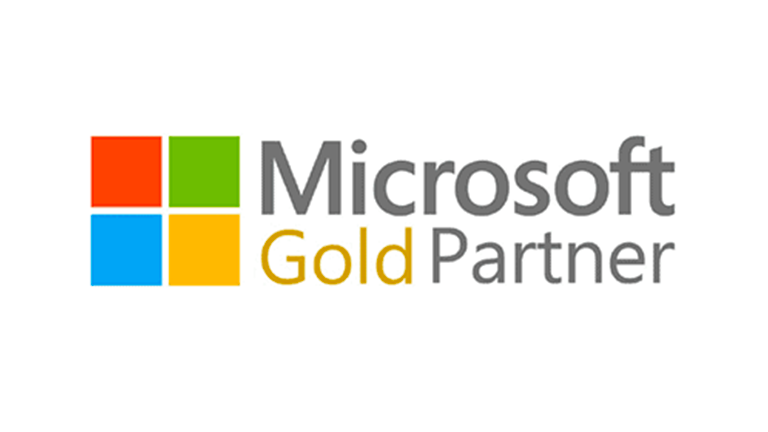What is Sprint Velocity – And How Can it Accelerate Your Enterprise?

In Agile, Sprint Velocity is the key metric in Scrum. It refers to the analysis of past workloads to calculate how much work can be done in future sprints.
Velocity is calculated at the end of the sprint by adding up the points for all completed User Stories or customer requirements.
With this prior knowledge, your business can plan future projects knowing how much work can be completed in the next sprint. This will help you to accurately allocate time and resources to complete the project.
Furthermore, Sprint Velocity estimates give customers and stakeholders a better idea of when they can expect the delivery of products and services.
This guide will cover the best ways to improve Sprint Velocity. The common denominator is that to move faster, you must make the effort now and “plant the seeds” to enable higher productivity in future sprints.
What Are The Biggest Post Migration Challenges?

For a successful cloud migration, you need to understand the existing IT framework and the current best practices around migration and deployment. This will help you avoid and resolve any Post-Migration Issues.
Our guide will explore the best strategies and solutions for your cloud migration journey.
It will cover the three core pillars of a strong cloud migration path: planning, moving workloads, and operating in the cloud.
ISO 9001:2015 Certification

As digital technology partners, we are committed to continuous improvement of our products and services for our clients. Our ISO 9001 certification reaffirms the immense skills and dedication of our global teams.
Used by over 1 million companies globally, the ISO 9001 certification is the world’s most recognised and highly regarded Quality Management System (QMS) standard, enabling organisations to deliver consistent, repetitive processes to generate productivity and ensure top-tier customer service every time.
How can Data Lakes Maximise Analytics and Machine Learning?

Digital-first Businesses are awash with many types of internal and external data. These sources are essential for boosting business efficiency, record keeping and analysing user activity and trends.
But where does it all go? With data pushing businesses to their limits, how can they maintain secure, low-cost, flexible data infrastructure whilst accumulating exponential masses of data?
Many companies are migrating from traditional data warehouse management systems to a new medium known as the ‘Data Lake’.
How Technology Improves the Customer Journey

In a post-Covid world, digital technology is an essential component of the Customer Journey. Without it, the process by which a customer interacts with an organisation becomes jumbled and disjointed, leaving customers disengaged.
According to recent studies, 67% of people say their customer expectations are higher than ever. As technology advances, expectations from customers increase. Therefore, organisations need to level up from their traditional legacy systems.
Organisations need a platform that integrates every stage of the Customer Journey to maximise engagement.
By collaborating with experienced digital partners like Neo Technology, organisations can build seamless, secure, and efficient platforms that engage clients and build trust with their data, money, and business.
How can Site Reliability Engineering (SRE) Enhance Digital Platforms?

In the age of digital services, system reliability is paramount. Conglomerates like Amazon deal with millions of online business transactions 24/7 and even a momentary system failure could cost them billions. Real-time customer expectations and the need for zero downtime have pushed the need for systems that are not just functioning but also highly available and scalable. With so much money and data at stake, neither businesses nor customers can afford disruption to their online business exchanges. So how do we prevent, minimise, and resolve these errors? This is where Site Reliability Engineering comes into the equation.
What is a Data Lake and Does Your Organisation Need One?

Digital businesses are awash with many types of internal and external data.
But where does it go?
These data sources are absolutely essential for business success, business efficiency, trends, record keeping and analysing user activity.
How can your organisation maintain secure, low-cost, flexible data infrastructure while keeping up with massive data volumes?
Businesses are pushing systems to their limits, which is why companies are flocking from traditional data warehouse management to a new system known as the ‘Data Lake’.
A Data Lake is a consolidated, centralised repository that houses various forms of data in their native format from disparate applications within a company. It allows data scientists to locate and analyse large quantities of data quickly and accurately.
Businesses that use Data Lakes can safely centralise their structured and unstructured data, enabling them to retrieve and utilise data to boost efficiency, scalability and accelerate their growth.
The Perfect Combination – DevOps and Agile Methodology

The pandemic has given rise to a new world, and demand for advancements in technologies to facilitate business efficiency, control and growth has been significant. The technology industry is moving at its fastest pace in history to meet that demand.
The Digital Future of Business

Digital Business Transformation is the future for successful businesses who want to maximise efficiency, scale at pace and accelerate growth.
Studies show that digital-first companies are 64% more likely to achieve their business goals, and with IoT and AI at their disposal, the business sector is better positioned to adapt to a more versatile, fast-paced approach to doing business.
Microsoft Gold Partner

As digital technology partners, we specialise in future-proofing companies with Cloud engineering, infrastructure building, data services, automation and consulting. The Microsoft Gold Partner accreditation affirms how our specialist teams deliver solutions that optimise our clients’ systems and operations.
As Microsoft Gold partners, we are committed to continually improving our skills, resources and knowledge base, and deploying digital solutions at pace. We are experts in Microsoft Dynamics 365, AWS, Azure cloud-native solutions, Azure integration, .NET, Salesforce and Google Cloud Platform.